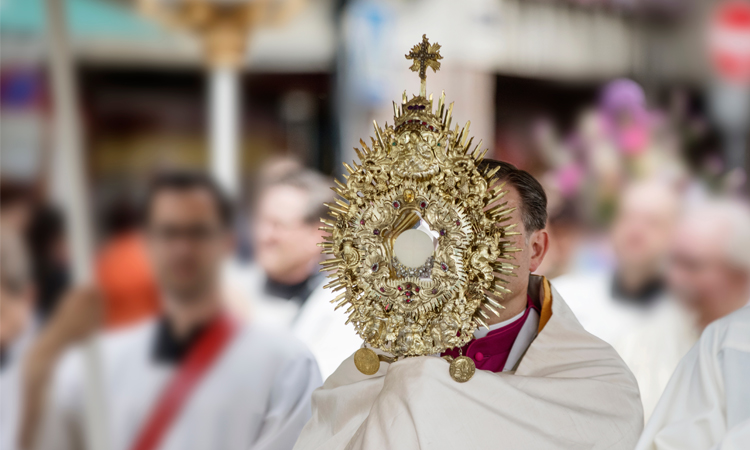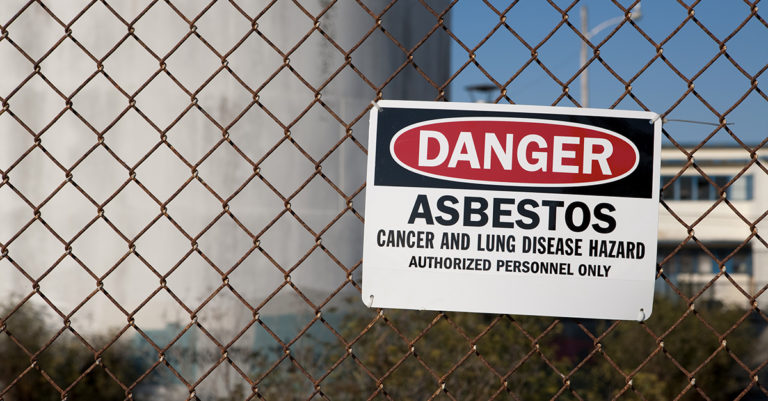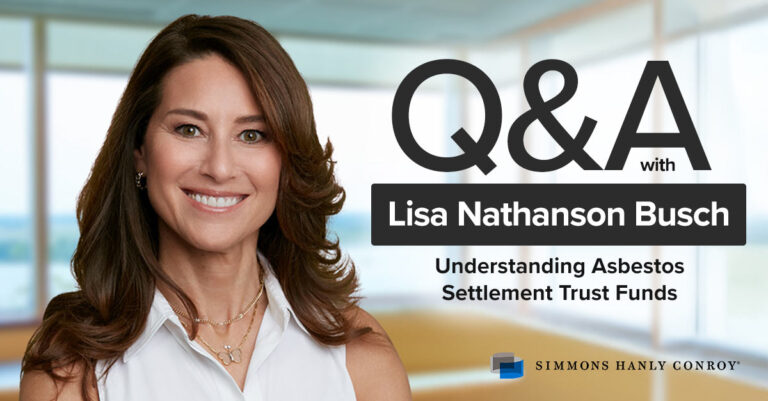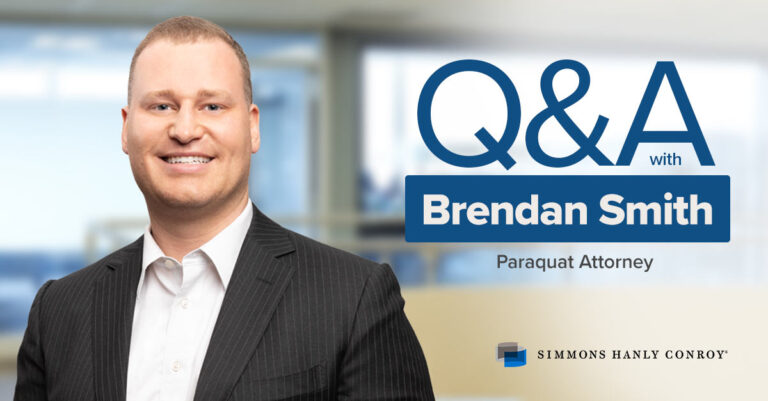
Many parents rely on school faculty and administrators to keep their children safe. It does not matter whether a superintendent or a bishop is in charge — all students deserve the chance to learn without the threat of sexual abuse. Policies must be enacted daily to make sure people with a history of child sex abuse are not given access to and oversight of young students.
A lawsuit filed this week by the attorney general of West Virginia alleges a former bishop and the Diocese of Wheeling-Charleston “knowingly employed pedophiles” and failed to warn parents and students. Instead of being transparent about the risks, diocese officials promised “a safe learning environment” for the 5,100 children under their care.
The civil suit has drawn attention because it seeks justice through consumer protection laws. The state argues that parents, who elected to pay thousands of dollars for their child’s education, are protected under the law as consumers. As such, it is unlawful that the church concealed information about the dangers associated with its services.
Veteran trial attorney Jayne Conroy, a partner of Simmons Hanley Conroy, has been heavily involved in clergy abuse lawsuits in West Virginia and other high profile sexual abuse cases. In a statement to the New York Times, Conroy characterized the use of consumer protection laws in clergy abuse cases as “groundbreaking.”
For decades, the church has asked for patience. The clergy abuse scandal has only expanded. Many are frustrated by the church’s ability to avoid justice. The consumer protection angle offers West Virginia another avenue to protect the children that the church put in danger. “I think you are going to see many other attorneys general do the same,” said Conroy.
Understanding West Virginia’s Case Against the Diocese and Bishop Bransfield
After the scathing Pennsylvania grand jury report revealed that hundreds of priests had abused more than 1,000 children in the state, many other states began to take a closer look. In December 2018, the Diocese of Wheeling-Charleston released a list of credibly accused clergy members. West Virginia Attorney General Patrick Morrisey had plenty of reason for action.
He initiated a six-month investigation. The state found that former Bishop Michael J. Bransfield, and the Wheeling-Charleston diocese he oversaw, knowingly employed admitted sexual abusers at Catholic schools and camps. They also hired priests who had been credibly accused of child abuse. Parents were told none of this.
The complaint gave examples where background checks were not done adequately – or, in some cases, not done at all. According to the revised Charter for the Protection of Children and Young People, which set up the Safe Environment Program, the church promised that background checks would be carried out. On its website, the Wheeling-Charleston diocese promised that employees and volunteers would pass a national background check.
In an interview with National Public Radio (NPR), Morrisey explained the common-sense nature of the state’s consumer protection claim against the church, “If you say you are going to provide a safe environment, you have a duty to provide that safe environment.” Instead of delivering on that promise, Morrisey said:
“The diocese knowingly employed pedophiles and failed to conduct adequate background checks for those working at the diocese schools and camps, all without disclosing that danger to parents who are purchasing these services for their children.”
The damage done by concealing abuse is massive. In West Virginia and around the world, thousands of children have had their lives forever altered by a predator who was protected by the church.
“We believe that these activities were prevalent,” said Morrisey. “[And] that the Catholic church was covering up, concealing and denying, really harboring child molesting priests for a long time.”
Will Clergy Abuse Survivors Find Justice in West Virginia?
The West Virginia lawsuit has been applauded by survivors and decried by the church. In a statement, diocesan spokesman Tim Bishop said that, “the diocese strongly and unconditionally rejects the complaint’s assertion that the diocese is not wholly committed to the protection of children.”
Critics of Morrisey’s use of consumer protection law may try to paint the tactic as a legal loophole. Some have wondered if Bransfield and the diocese might be protected by freedom of religion guaranteed under the first amendment.
In Morrisey’s view, all of this is beside the point. “We are not seeking to engage in doctrinal questions of the church,” he told the New York Times. “No one is immune from the law, and the church is not immune from consumer protection laws.”
The church has proven adept at delaying justice and inventive in covering up crimes. It should be no surprise that states have responded by coming up with fresh approaches in their pursuit of justice for survivors. Of course, everything would be easier if the church held abusers accountable and supported survivors. Talk about a novel idea.




